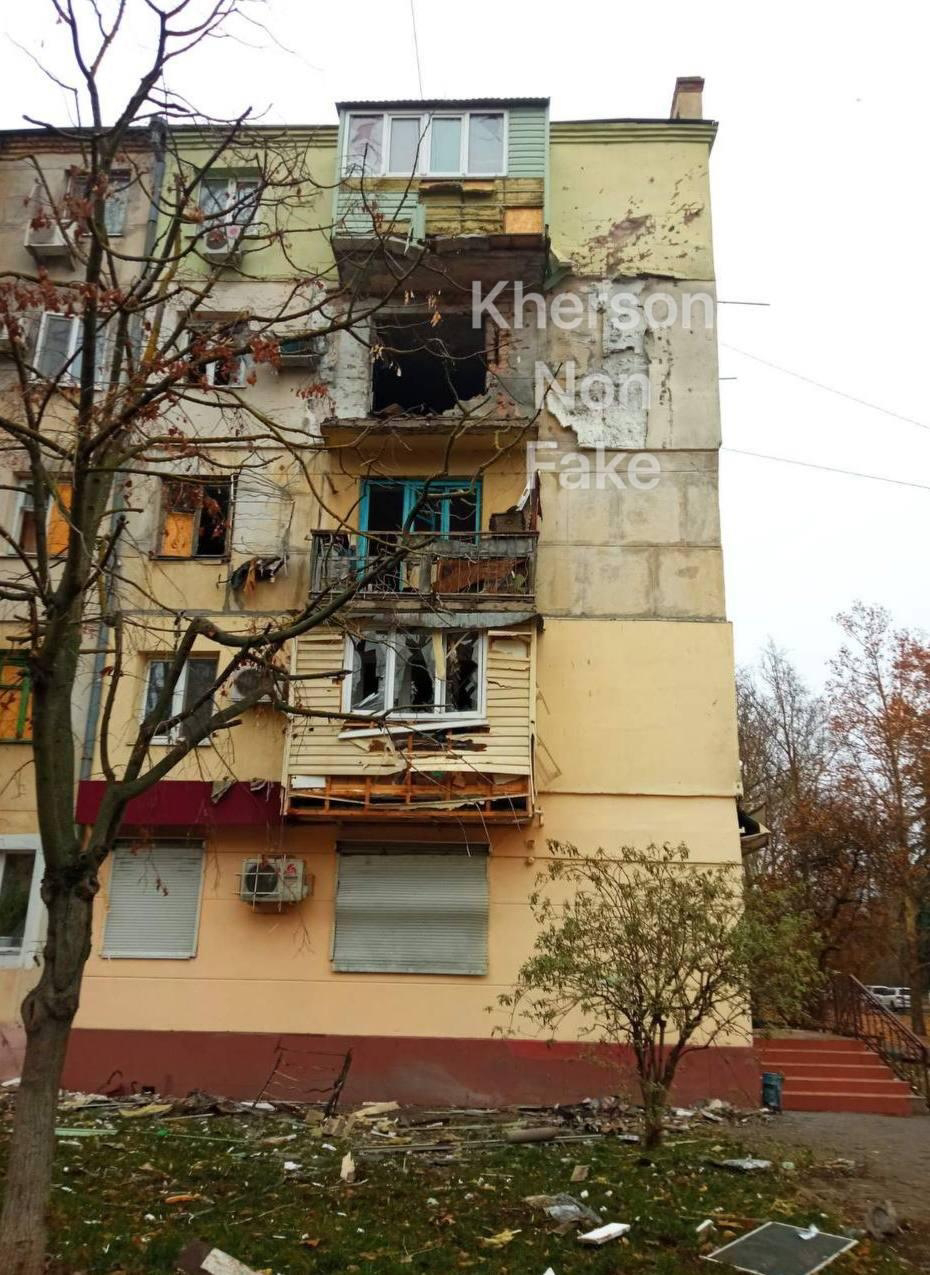Hospital in Ukraine
How is it possible to feel a slight sadness at leaving a place where you have spent a week, but much of it in pain and discomfort, with tubes sticking out of you??!! The answer, as usual, is because of the people - the cheerful junior doctor looking after me, who spoke perfect English, and the nursing staff and the cooks, who came around with the meal trolley - always kind and caring, and making every effort to communicate, given the language issues.
In fact, the two cooks deserve a special mention, given the state of their workplace: "ремонт" - "repairs" - one of them said. Quite some repairs! Another of the many anomalies here - such conditions in a modern hospital environment. Hopefully, the renovations will be completed soon; work is going on on various parts of the hospital.
One of the cooks also gets a mention for her persistence in trying to get me to eat healthy Ukrainian food, like 'каша' (kasha, in English), which can apply to buckwheat, wheat, barley, oats, millet and rye. There was always a thin, milky, unsweetened oat porridge for breakfast (sometimes for lunch and supper as well!) and I've never liked porridge very much. The cook looked disdainfully at my crunchy granola cereal, saying it wasn't natural and full of chemicals. I'm sure she's right but...The cook also wanted me to try her 'компот' 'compote,' which I really, really don't like. It always tastes as though the juice has been boiled over a smoky fire for several days - it actually tastes like smoke, but it's really popular here in Ukraine. One day the cook said that she had made a particularly good compote and persuaded me to take a cup. I'm afraid, once she was out of the way, the compote went down the toilet after one sip!
Out of the cooks' control is that the hospital did not cater for non-meat eaters. If not for Bob and Ukrainian friends bringing food in, I would have come out of hospital a lot thinner than when I went in. But the cook always went through the menu for each meal and I used my translation App when necessary. I had to laugh when, one lunchtime, I translated: "For you there is nothing - soup with meatballs, meat rice, porridge with meat, only a compote and a vinaigrette."
On the day before I was ready to leave, when the tubes had gone down to one, I ventured down to the cafe and shop area of the hospital. The soldiers from the rehabilitation centre spend a lot of time here, as well as in the outside area, smoking. As Bob had told me, it would be hard to think of anywhere with more amputees, mostly of legs (sometimes double amputees), occasionally arms. A man sat down opposite me, sighing as he tried to figure out how to get comfortable with only one leg. Another man, nearby, had his stump neatly crossed over his good leg, looking as though he was well used to it. But however good the physical adaptation, the psychological impact of such life-changing disabilities, let alone the war itself, is almost impossible to fathom. "Unbroken" is the word that's used for the centre, which is a positive concept. But do the patients receive psychological support, which may be needed for years to come? Will they and their families have sufficient, ongoing financial support, if needed? And what if you are a volunteer or reservist, rather than a professional soldier - do you receive the same service? We don't know the answers to these questions but would like to find out, if any of our Ukrainian friends can respond.
Also, on my last day, I had a visit from
two Ukrainian friends, who we met in the food tent in Krakow a year ago. They were going to move to England with their children, but they decided to return to Lviv when it became apparent that it would be relatively safe here. They brought flowers and fruit. S's husband has just finished his 1 year service in the army - injured twice but, thankfully, survived.
Now I am home and Bob is stocking up on heavy groceries - I can't lift anything more than 2kg for 2 weeks (or drink any alcohol 🙁) - before he goes on a solo aid run, later this week, to villages in Chernihiv Oblast (region), including Ivanivka.
I read that President Zelenskiy travelled to Yahidne today - the destroyed village we pass through before Ivanivka. He was with the German vice-chancellor, Robert Habeck, and Council of Europe secretary general, Marija Pejcinovic Buric. Zelenskiy paid tribute to the courage of nearly 400 residents, kept captive in a school basement in Yahidne, under Russian occupation for 27 days during the first month of Russia’s invasion. He said that 11 people died during the ordeal.
An almost identical experience to that of the villagers of Ivanivka, to whom we also pay tribute.
Some good news received today - the Ukraine stall at the Trawden Spring Fair yesterday raised £257. Bob will update on how this will be spent. Thank you to everyone involved.
We keep mentioning the arrival of Spring in Ukraine but, as soon as we think it's here, the temperature plummets and there is snow again. I was told that this is a Lviv phenomenon. There was snow when I arrived in hospital (view from my window in main picture) and it was snowing when I left.
We here that the first curlews have been heard in Trawden. We hope to hear them here.






Comments
Post a Comment